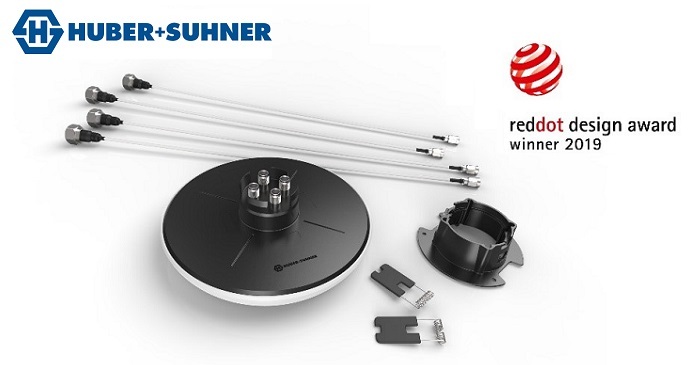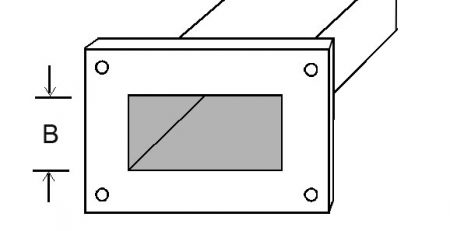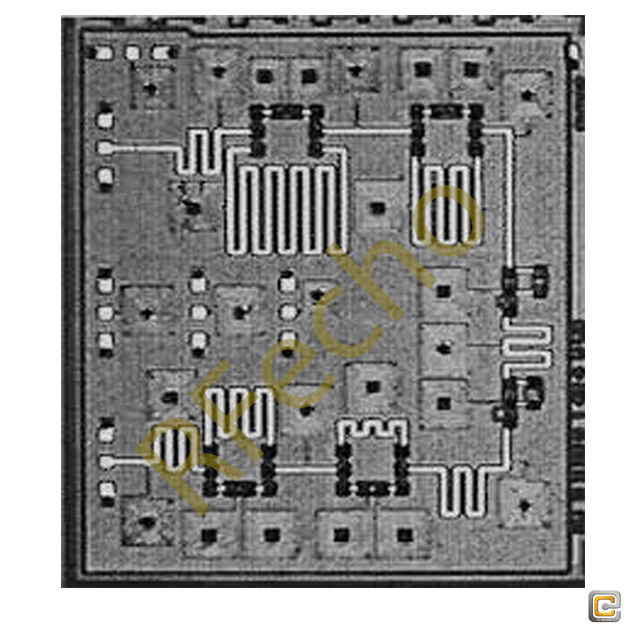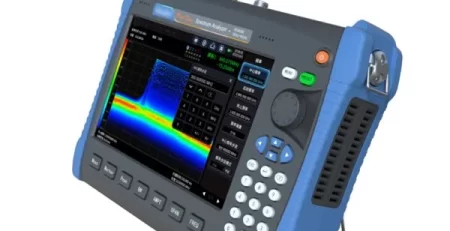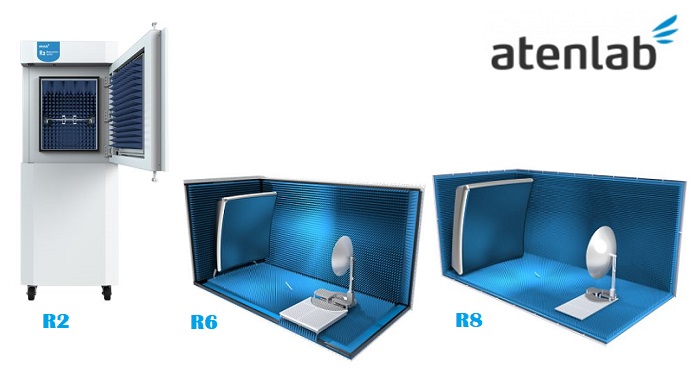How Can a Signal Generator Enhance Your Technical Designs?
Signal generators are essential tools in the field of electronics and telecommunications. They produce electrical signals with varying frequencies, amplitudes, and waveforms, which can be utilized for testing, simulation, and system analysis. By generating specific signals, these devices aid engineers and technicians in designing and optimizing technical systems. In this article, we will explore the application of signal generators in various technical designs and introduce RFecho’s advanced signal generator products for your consideration.
What is a Signal Generator?
A signal generator is a device that generates repeating or non-repeating electronic signals. Commonly used in laboratories and testing environments, these generators provide a predictable and controlled electronic signal across a spectrum of frequencies. Signal generators can create various waveforms, including sine, square, and triangle waves, thereby serving numerous applications, such as testing electronic devices, simulating sensor outputs, and generating modulation for communication systems.
 Key Features of Signal Generators
Key Features of Signal Generators
Signal generators are equipped with critical features that enhance their utility in technical designs. Key features include frequency stability, modulation capabilities, and output waveform diversity. Advanced models may also provide remote operation capabilities, ensuring ease of integration into automated testing setups. The ability to control amplitude and frequency with high precision is vital for achieving accurate test results, particularly in industries requiring stringent quality assurance processes.
Application Areas of Signal Generators in Technical Designs
Signal generators are essential, in fields and are used for tasks, like testing electronics and optimizing communication systems and audio engineering purposes.
Electronics Testing and Measurement
In the realm of electronics testing and measurement activities, as part of their work, in simulating real-life situations effectively engineers utilize signal generators extensively.
Enhancing Circuit Simulations
By offering an array of waveforms to choose from signal generators improve the accuracy of mimicking circuit behavior in scenarios. This feature allows engineers to create and improve circuits predicting how they will perform with input signals efficiently. These sophisticated simulations can help reduce time and costs during the stage.
Verifying Component Specifications
Besides running simulations or tests, with signal generators to validate components specifications is important for engineers to evaluate if the components are working correctly by applying signals and checking the results from the output test.
Communication Systems
Signal generators play a role, in communication systems by enhancing performance and evaluating system reliability.
Optimizing Frequency Response
In the field of telecommunications and networking technology signal generators play a role, in tuning frequency responses across diverse channels. Engineers utilize these generators to produce signals spanning a range of frequencies enabling them to evaluate system behavior and effect modifications to guarantee performance, within the designated frequency spectrum.
Evaluating System Performance
Engineers use signal generators to test communication systems by mimicking real-world transmission conditions to spot and fix problems, like signal loss or distortion before implementing the system for performance.
Audio Engineering and Sound Design
In the field of engineering and sound design¸ signal generators play a role by offering key features that enhance the quality of sound and the effectiveness of equipment, in a significant manner.
Calibration of Audio Equipment
Audio experts depend on signal generators to adjust equipment and guarantee that sound systems deliver quality audio output. This adjustment is essential, in sound setups and studio recording settings where accuracy plays a role, in achieving the intended sound qualities.
Generation of Specific Tones and Patterns
Sound designers often use signal generators to produce tones and patterns essential, for audio endeavors, like music production or crafting experimental soundscapes.
The Role of RFecho’s Signal Generators in Advanced Designs
RFecho provides a variety of signal generators tailored to meet the standards of today’s engineers and technicians who prioritize accuracy and dependability. Setting their products apart in the industry.
Unique Features of RFecho Signal Generators
RFechos signal generators come equipped with technology that ensures high-frequency stability and the capability to generate types of waveforms effortlessly. The devices also offer a user interface that allows for customization and real-time monitoring of signal attributes. Moreover, RFechos signal generators are built to seamlessly integrate into automated testing configurations ensuring compatibility, with devices and software applications.
Benefits of Using RFecho Products for Precision Engineering
RFechos signal generators offer a range of advantages, for precision engineering tasks by enabling testing and assessment to enhance the quality and performance of products efficiently. However utilizing RFecho products can help engineers shorten development timelines and boost the dependability of their designs resultantly leading to success, in their projects.
RFechos’ dedication to design and ensuring quality makes their signal generators a top pick, for professionals looking to enhance their technical projects.
 Best Practices in Utilizing Signal Generators for Superior Outcomes
Best Practices in Utilizing Signal Generators for Superior Outcomes
Using signal generators correctly can have an impact, on the effectiveness of your designs. This segment offers tips, for optimizing the benefits of signal generators to improve your work processes and results.
Integrating Signal Generators into Design Workflows
When integrating signal generators, into design processes it’s important to take an approach that foremost Ensures your signal generator is properly adjusted to match the exact specifications of your project This calibration procedure entails configuring the desired frequency amplitude and waveform type to guarantee that the signal produced align with your design needs By doing this you set a foundation, for testing and verifying at each stage of the design process.
One important factor to consider is using signal generators along, with simulation software simultaneously for monitoring and making adjustments promptly in response to the signals produced by the system you’re working on or testing. By simulating situations and scenarios, you can analyze the performance of your circuit under varying conditions. This continuous cycle does not result in improved designs. Also helps in recognizing any possible problems, at an early stage of development.
Additionally reviewing the information gathered from signal generators regularly can improve the accuracy of design work Logs and summaries regarding performance can aid engineers in identifying patterns and assessing system reactions. Enhancing their designs as needed Incorporating methodical examination into your design workflow will guarantee that each version is supported by real-world data.
Tips for Achieving Accurate Measurements
To ensure the design validation is dependable and precise, signal generator measurements are vital in this process. Initially selecting the waveform tailored to the application is key. Different waveforms can lead to varying levels of accuracy based on the testing scenario. For example; Square waves are beneficial, for measuring rise and fall times; On the other hand, Sine waves are better suited for assessing response.
Establish a testing environment to enhance the precision of measurements effectively by keeping factors, like temperature and humidity consistent and ensuring all connections are secure and components are, in top-notch condition proper diligent measures can minimize the impact of variables distorting your outcomes.
Using the functionalities of high-end signal generators like the ones provided by RFecho can improve the accuracy of measurements significantly. These generators typically include features such, as built-in attenuation controls and frequency stability across ranges along with modulation capabilities that enable you to fine-tune settings, for precise measurement results.
It’s an idea to run tests in different situations to make sure the measurements are dependable and accurate This not only confirms the precision of the data collected but also boosts trust, in the results guiding design choices.
Maximizing ROI with RFecho’s Advanced Solutions
Choosing to invest in top-notch signal generators can greatly improve the effectiveness of your design workflows. Enhance the return you receive from your investment capital investment (ROI). RFechos cutting-edge signal generators are meticulously designed to tackle these obstacles head-on and guarantee outcomes for your investment.
Cost-Effectiveness and Efficiency
Opt for RFecho signal generators for a budget approach to meet your design requirements effectively and efficiently. RFecho offers devices with features that reduce the necessity, for testing tools compared to lesser-known brands. This streamlined approach does not save costs. Also enhances operational effectiveness, in technical design endeavors.
Furthermore, the endurance and dependability of RFecho gadgets usually lead to decreased upkeep expenses throughout their lifetime cycle. With technology that guarantees top-notch performance and dependability engineers dedicate time to resolving issues and more time, to design tasks. This factor notably enhances your team’s effectiveness.
RFechos signal generators offer a user interface that allows engineers to efficiently manage training and operational setup tasks without delays, project timelines, or quality compromises as team members swiftly grasp the technology.
Long-term Benefits for Technical Design Projects
RFechos signal generators offer advantages across aspects of technical design initiatives. First and foremost test precision and accuracy are enhanced by these products resulting in the upholding of standards, for the end result. This assurance of quality adds worth for customers. Strengthens confidence, in your brand and offerings.
In addition, the information gathered from testing with RFecho devices can result in enhancements in design procedures. Knowledge acquired can be integrated back, into the design phase to promote creativity while minimizing resource usage. The iterative approach of utilizing signals nurtures an atmosphere that supports performance.
In the run incorporating solutions such, as those provided by RFecho not only boosts your current project results but also sets your company up for continuous expansion. In an industry integrating technology into your design approach can make the distinction, between prosperity and inactivity.
When thinking about adding signal generators to your projects think about how RFecho could assist you in achieving results. With their technology and wide range of features, RFeichos signal generators are crafted to meet the standards of contemporary engineering and technical development while maintaining a strong focus on quality assurance.

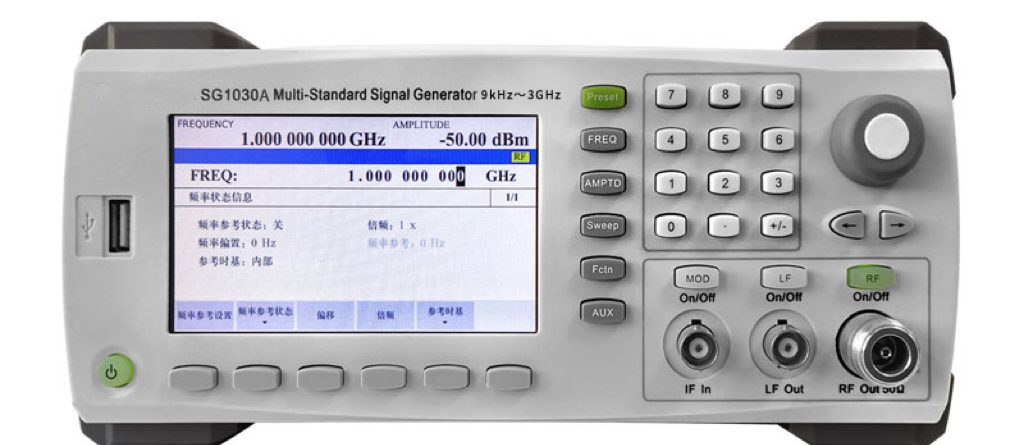
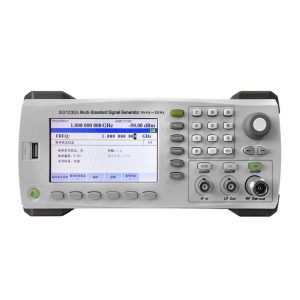 Key Features of Signal Generators
Key Features of Signal Generators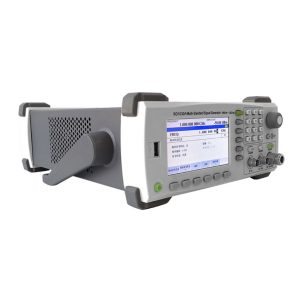 Best Practices in Utilizing Signal Generators for Superior Outcomes
Best Practices in Utilizing Signal Generators for Superior Outcomes